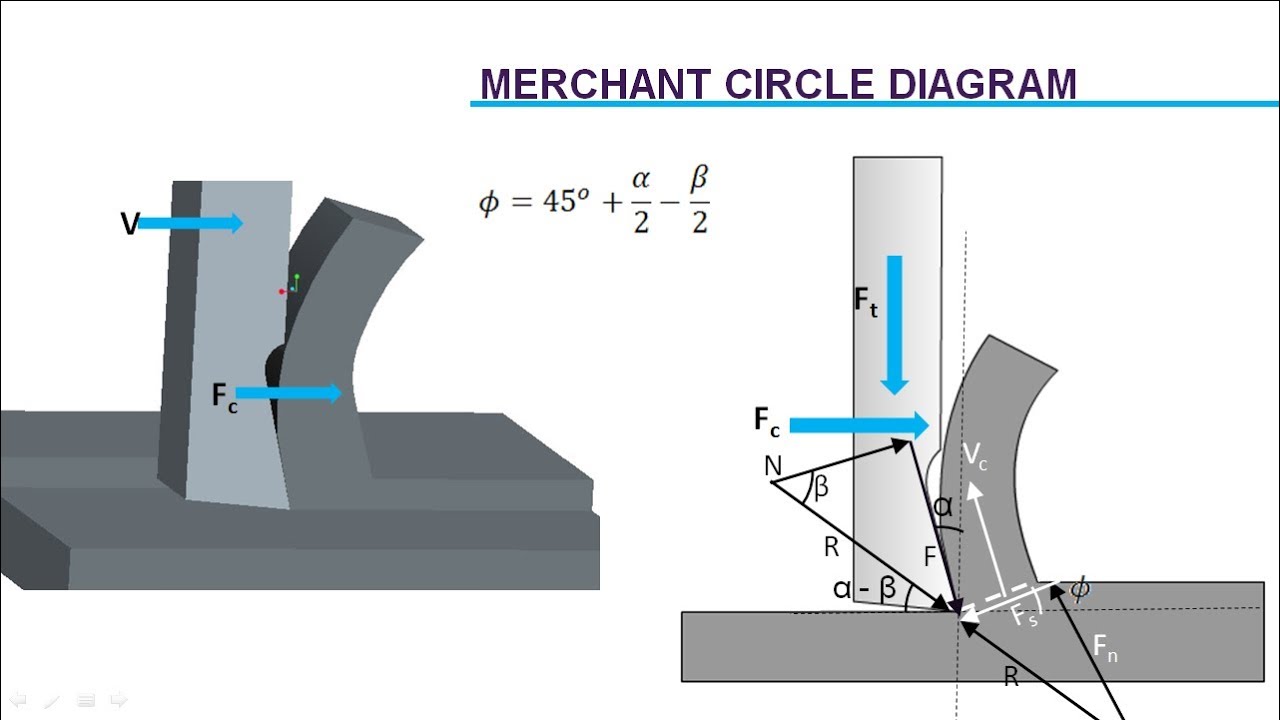Introduction to the C.W. Park USC Lawsuit
W. Park USC Lawsuit
C.W. Park USC Lawsuit has sent ripples through the University of Southern California and its surrounding community. As details unfold, many are left wondering how this case could reshape the landscape of one of America’s most prestigious universities. With accusations that have sparked intense debate, it’s crucial to explore not only the implications for those directly involved but also for students, faculty, and alumni alike. This situation raises important questions about accountability in higher education and what it means for everyone connected to USC. Let’s dive into the heart of the matter and see how this lawsuit is poised to affect more than just legal precedents.
Background on C.
W. Park and USC
W. Park has been a prominent figure in the University of Southern California’s academic landscape. As a respected professor within the engineering department, his contributions to research have garnered both national and international attention.
USC, established in 1880, is known for its robust programs across various disciplines. The university prides itself on innovation and fostering talent among students from diverse backgrounds.
Park’s role at USC has intertwined with the institution’s ambitions to lead in education and research. His work not only impacts students but also shapes broader educational policies within higher education.
The relationship between faculty members like Park and USC reflects the commitment both parties have towards advancing knowledge while navigating complex challenges inherent in academia. This backdrop sets the stage for understanding the recent allegations that have surfaced against him and how they resonate throughout the university community.
The Allegations Against C.
W. Park and USC
The allegations against C.
W. Park have sent shockwaves through the University of Southern California community. Reports suggest that he engaged in inappropriate conduct, raising serious concerns about his behavior within an academic setting.
This situation has brought to light issues concerning accountability and ethics at USC. Many students, faculty, and alumni are questioning how such actions could occur under the university’s watch.
With accusations ranging from harassment to misconduct, the implications are significant not just for Park but also for the institution itself. The credibility of programs and leadership is now under scrutiny as more details emerge.
These developments highlight a broader issue prevalent in higher education institutions across the country: how to effectively address claims of misconduct while ensuring a safe environment for all members of the university community.
Impact on the University and Community
The C.
W. Park USC lawsuit has stirred significant concern within the university and its surrounding community. Students, faculty, and alumni are grappling with uncertainty as the legal proceedings unfold.
Reputational damage is a pressing issue. The allegations can tarnish USC’s image, affecting enrollment and donations. Prospective students might think twice about choosing a school associated with controversy.
Moreover, current students may feel uneasy about their educational environment. Trust in leadership could diminish if the administration fails to address these serious claims transparently.
Community relations also hang in the balance. Local residents often view universities as cornerstones of civic pride. Any scandal can strain those connections, leading to skepticism among neighbors who support or engage with campus activities.
This situation highlights deep-seated issues that extend beyond this particular case—issues that resonate throughout higher education institutions nationwide.
Responses from USC and C.
W. Park
USC has firmly denied the allegations brought against C.
W. Park, asserting a commitment to maintaining high standards of conduct within its faculty and administration. The university emphasizes that it is fully cooperating with ongoing investigations. They have reiterated their dedication to transparency and accountability.
On the other hand, C.
W. Park has taken a stand by proclaiming his innocence through public statements. He argues that these accusations are unfounded and baseless. His supporters highlight his contributions to the academic community as evidence of his character.
Both parties are navigating a complex landscape filled with uncertainty and scrutiny. The dialogue surrounding this case continues to evolve, reflecting broader issues in academia regarding misconduct and institutional responsibility. As developments unfold, both USC’s administration and Park remain under close observation from students, alumni, and the public alike.
Addressing the Issue of Misconduct in Higher Education Institutions
Misconduct in higher education is a pressing issue that requires immediate attention. Universities must create an environment where accountability and transparency are prioritized.
Educational institutions often face challenges when it comes to reporting unethical behavior. Students and staff may fear retaliation, which discourages them from speaking out. Establishing clear channels for reporting can empower individuals to come forward without fear.
Additionally, fostering a culture of integrity is paramount. Workshops and training sessions on ethics should be part of the curriculum across all levels. This proactive approach helps instill values that discourage misconduct before it occurs.
Collaboration with external organizations can also provide valuable insights into best practices for addressing these issues. Engaging alumni and community members creates a broader support network focused on maintaining high ethical standards within academic settings.
Conclusion
The C.
W. Park USC lawsuit has sparked significant discussion within the university and its community. As more details emerge, it is crucial to consider both the implications of this case and the broader issues at play within higher education institutions.
This situation highlights vulnerabilities in systems meant to protect students and faculty alike. It raises questions about accountability, transparency, and how universities respond to allegations of misconduct. The outcome may set a precedent for other institutions navigating similar challenges.
As stakeholders on all sides await developments, one thing remains clear: this case will likely influence not just those directly involved but also the future landscape of governance in educational settings across the nation. Engaging dialogue around these events can lead to meaningful change that strengthens trust between universities and their communities.



